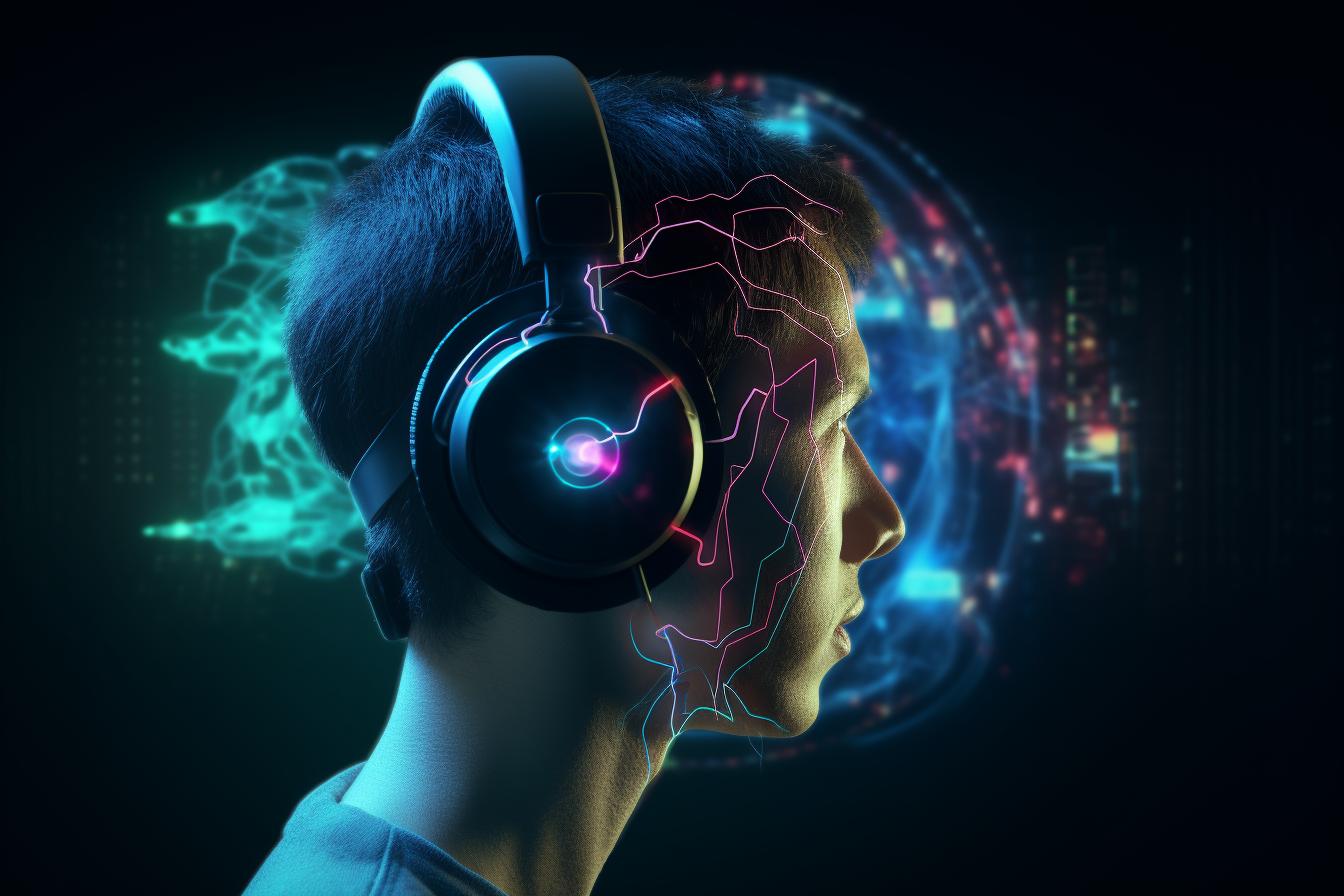How do the gaming industry and AI interact with each other?
Artificial Intelligence (AI) will dramatically transform the gaming industry, molding its future in extraordinary and unparalleled ways. From AI-driven game development and design to marketing, accessibility, and ethical considerations, AI is transforming every aspect of gaming.
This article explores the future of AI in gaming, highlighting its potential and addressing the challenges it presents!
AI in Game Development
AI in game development has opened up new horizons for developers. From machine learning to advanced game engines, using AI for game optimization is worth the effort.
That said, let’s see what AI can do in game development!
Procedural Generation AI
Through procedural content generation, AI algorithms can create unique and diverse game environments with minimal human intervention.
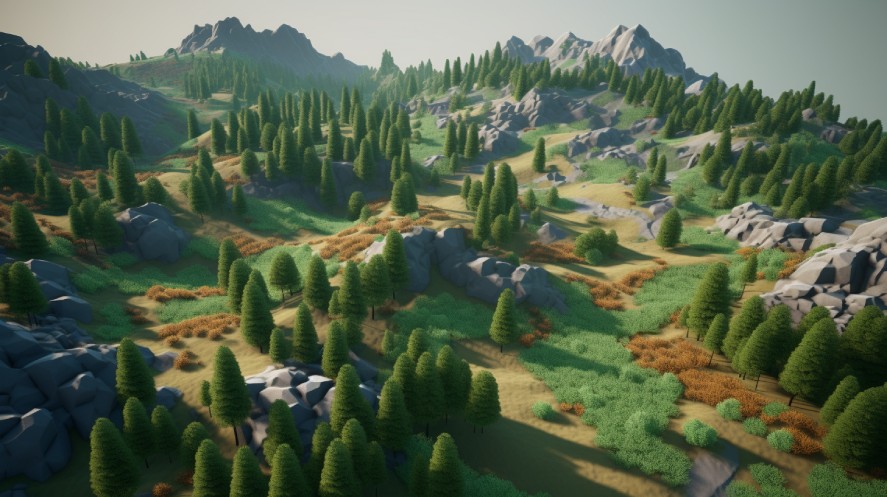
This simplifies game development by automating the creation of terrain, landscapes, and in-game assets (or AI-made game content).
Hello Games’ “No Man‘s Sky” uses AI to generate an infinite universe, making it a great example of procedural generation.
AI and Game Design
AI also plays a crucial role in game design by adapting game mechanics based on player behavior.
Algorithms can dynamically adjust difficulty levels, optimize challenges, and improve overall gameplay by analyzing player interactions. This personalized approach enhances player engagement and satisfaction.
The game “Left 4 Dead” uses AI technology to adjust its speed and difficulty based on the player’s performance.
AI Game Testing
AI is transforming game testing by automating the process and improving its efficiency. It can analyze extensive gameplay data, identify patterns, and detect potential issues or bugs.
This new testing method saves time and resources while ensuring thorough evaluation of the game’s performance, functionality, and stability.
Adaptive Game AI
Furthermore, AI games enhance non-playable characters (NPCs) by improving their intelligence and behavior. AI game characters can now react dynamically to the player’s actions, creating more immersive and realistic gaming experiences.
Games like “The Witcher 3: Wild Hunt” incorporate AI to develop compelling NPC interactions and lifelike virtual societies.
AI and Virtual Reality Gaming
Virtual worlds are also benefiting from AI integration. AI technology enables the creation of realistic and dynamic virtual environments, allowing players to explore vast and intricate worlds.
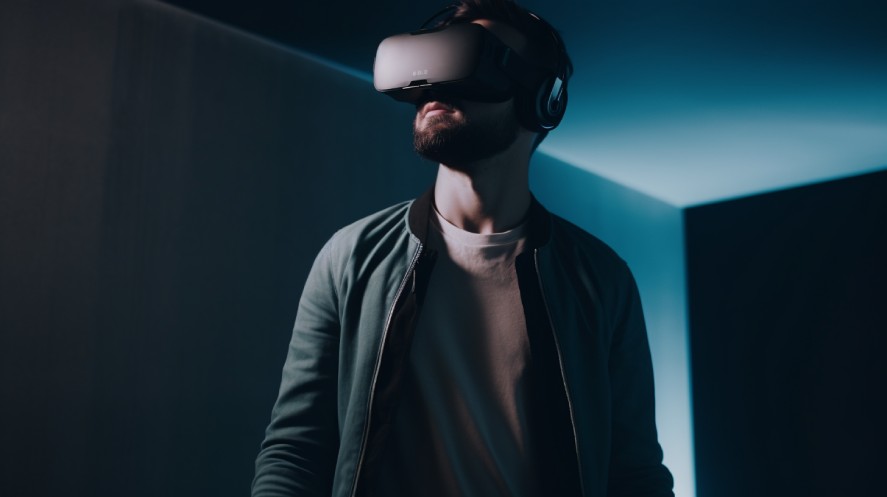
Additionally, AI facilitates seamless multiplayer interactions and social experiences within virtual realms. One example is the “Sword Art Online” anime series, which uses AI to create virtual reality. Players can fully experience and interact with virtual worlds.
AI in Game Marketing and Monetization
Let’s see how AI affects the aspects of marketing and monetization in the gaming industry!
Player Segmentation and Targeting
AI has revolutionized game monetization and marketing strategies by enabling personalized experiences. Through player segmentation and targeting, AI analyzes player data and preferences to deliver personalized marketing campaigns.
AI game monetization optimizes in-game purchases, promotions, and advertisements, ultimately enhancing player engagement and monetization.
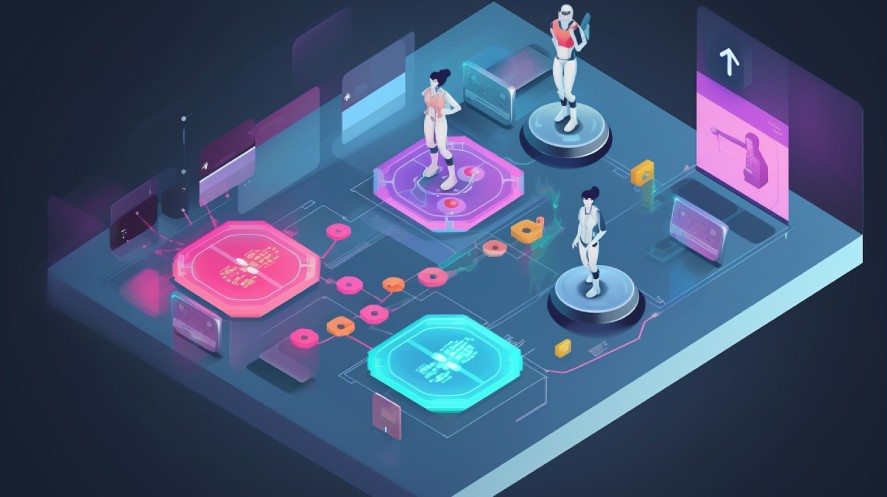
Reccomendation systems of AI, like those used by Amazon and Netflix, can suggest personalized in-game items or expansions, improving monetization strategies.
AI Game Analytics for Player Retention
AI algorithms can identify factors affecting player engagement by analyzing gameplay patterns and data. Game developers can then implement data-driven strategies to enhance player experiences and improve retention rates.
Riot Games uses AI to improve player experiences and matchmaking in the popular game “League of Legends.”
AI in Gaming Hardware and Technology
AI can greatly assist gaming hardware and technology, particularly in mobile gaming, due to its numerous benefits and accomplishments.
Artificial Intelligence Gaming Platforms
The integration of AI into gaming hardware and technology has unlocked new possibilities for immersive gameplay experiences.
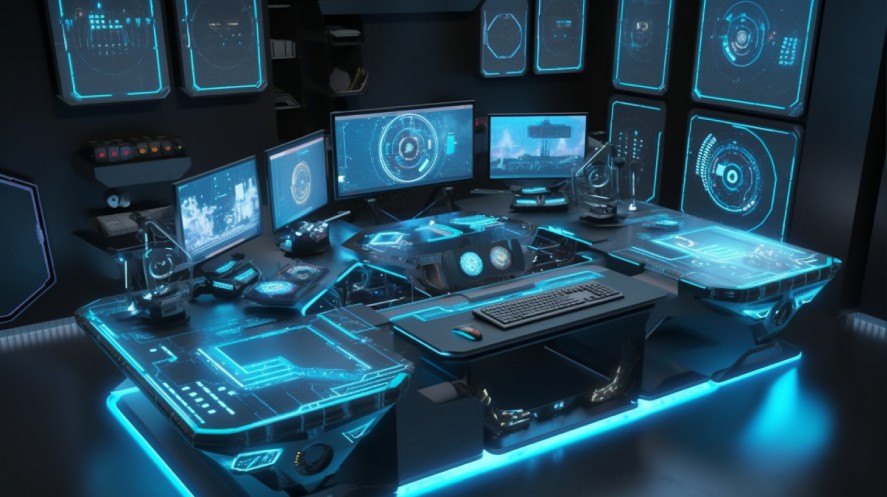
AI-powered gaming consoles have significantly enhanced performance and efficiency. AI processors optimize graphics rendering, reduce loading times, and provide adaptive gaming experiences.
The PlayStation 5 uses AI technology and real-time ray tracing to improve graphics and gameplay quality.
AI and Cloud Gaming
Cloud gaming services have also harnessed the power of AI. These services leverage AI algorithms to streamline game delivery and optimize gaming experiences across various devices.
Shadow and xCloud offer fast game streaming, reducing delay and providing good gaming for many players.
AI and Augmented Reality Gaming
Furthermore, AI has played a vital role in enhancing virtual and augmented reality (VR/AR) gaming. AI algorithms enable real-time object recognition, spatial mapping, and gesture tracking, creating immersive and interactive experiences.
Games like “Pokémon GO” combine AI and augmented reality, merging virtual creatures with the real world, captivating millions of players.
AI and Game Accessibility
AI-powered assistive technologies have made gaming more accessible to a wider audience. By leveraging AI-driven solutions, developers can customize game experiences based on individual player needs.
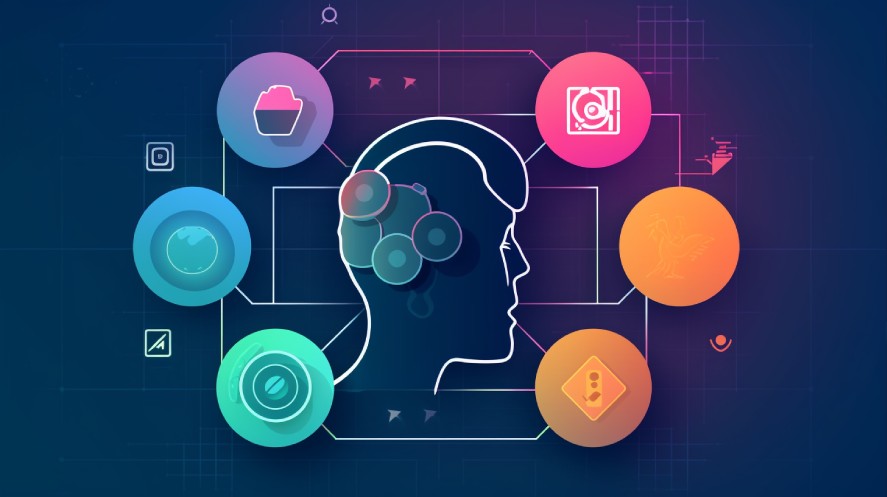
AI-powered Assistive Technologies
AI, speech, gestures, and adaptive controls make gaming more inclusive and allow people with physical disabilities to enjoy playing.
Microsoft’s Xbox Adaptive Controller, created for easier gaming access, shows how AI expands gaming opportunities for more players.
AI-driven Game Difficulty Adjustment
Additionally, AI can adapt game difficulty levels based on player skill levels, ensuring a balanced and enjoyable experience for all players. By dynamically adjusting the game’s challenge, AI algorithms cater to both novice and experienced players, promoting inclusivity and fair gameplay.
Games like “Celeste” employ AI-driven difficulty adjustment, gradually increasing or decreasing the challenge based on player performance.
Ethical Considerations of AI in Gaming
While AI brings numerous benefits to the gaming industry, it also raises ethical considerations and challenges.
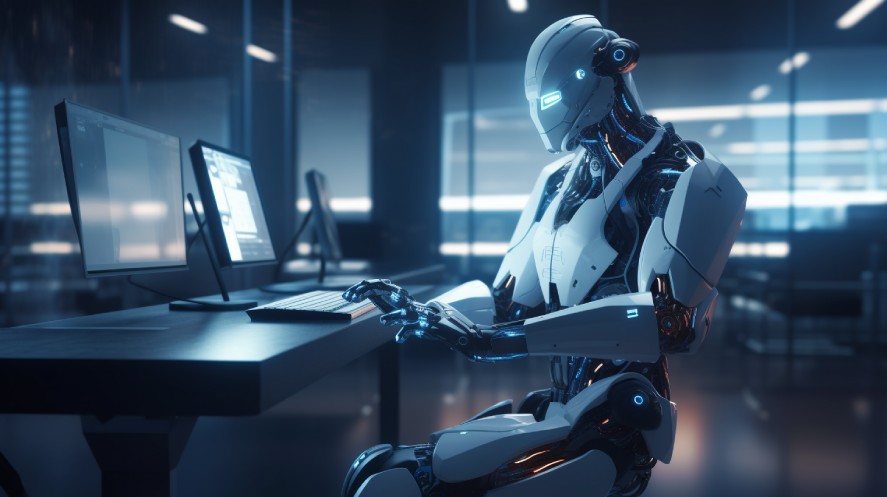
AI for Game Security
Privacy concerns arise due to the collection and storage of player data. Developers must prioritize data privacy and security, ensuring transparent data handling practices and adhering to stricter regulations.
Implementing robust encryption measures safeguards player information and fosters trust within the gaming community.
Potential Job Displacement in The Gaming Industry
As AI plays more significant game development roles, AI systems may automate or replace certain job positions.
To mitigate this challenge, the industry needs to focus on reskilling and upskilling the workforce to adapt to the evolving landscape. Collaboration between AI systems and human developers can lead to more innovative and creative gaming experiences.
Conclusion
AI is reshaping the gaming industry, propelling it toward a future full of endless possibilities. As technology improves, AI will keep shaping the gaming industry by creating virtual worlds, improving player experiences, and driving innovation.

